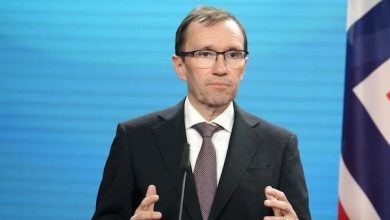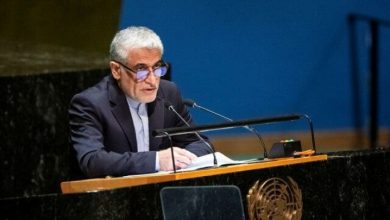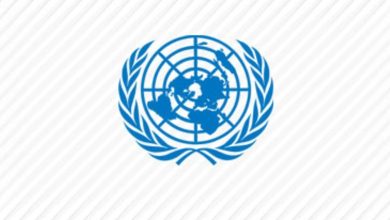Terrorism intelligence shared via INTERPOL’s Project Kalkan strengthens global ‘early warning system’
TEHRAN, Iran – Implementing operational counter-terrorism mechanisms is the focus of an INTERPOL Project Kalkan working group meeting with experts from Central and South Asia, and neighbouring regions.
Bringing together more than 70 investigators from 26 countries, the two-day (10 and 11 July) meeting is the latest in a series of specialized exchanges. Sharing best practices and identifying gaps in intelligence in order to better contain and disrupt transnational terrorist activities will also be part of the round-table sessions and case study exchanges.
Since the last meeting in April, information exchanged via Project Kalkan has already led to the arrest of eight terrorist suspects and the positive location of a further four individuals.
Nearly 20 analytical reports have been produced including one on high value targets in Syria and Iraq, in addition to identifying links between terrorist groups and networks associated with human and drug trafficking via ‘shadow facilitators’.
Delegates will also address a number of significant cases identified within the Project which point to new patterns in the use of forged passports by Foreign Terrorist Fighters to move in and out of conflict zones.
Opening the meeting, INTERPOL Secretary General Jürgen Stock said the project, created in 2004, represented a turning point in global information sharing on countering terrorism.
“Project Kalkan has made significant contributions at both the tactical and strategic levels in strengthening the role of international police cooperation,” said Secretary General Stock.
Of the more than 18,000 Foreign Terrorist Fighter profiles recorded by INTERPOL, nearly 40 per cent were provided by Project Kalkan countries.
Iranian Police Chief, Brigadier General Hossein Ashtari said: “The role of INTERPOL in strengthening law enforcement’s efforts to counter terrorism cannot be underestimated. The results of Project Kalkan are an example of what can be built through international police cooperation.”
Co-hosted by the Iran Police, the working group meeting was supported by the Japanese Government as part of the ‘Interdicting Foreign Terrorist Fighters travelling to conflict zones’ project.




